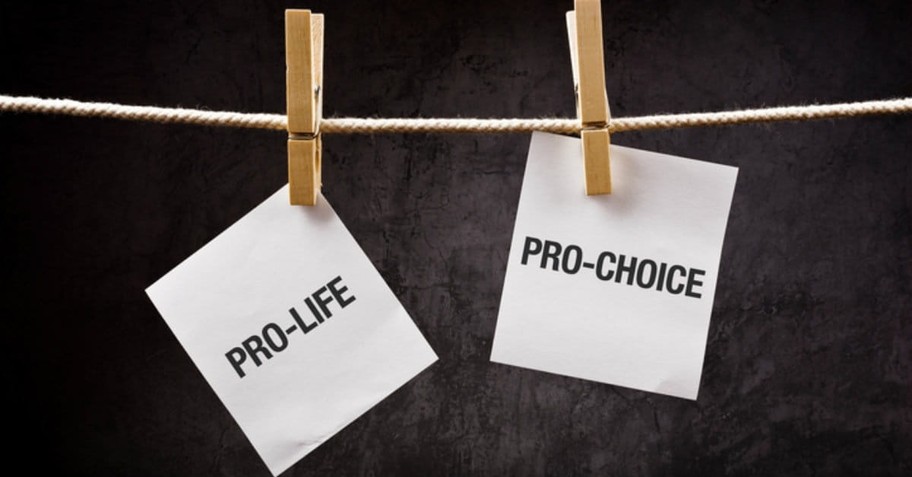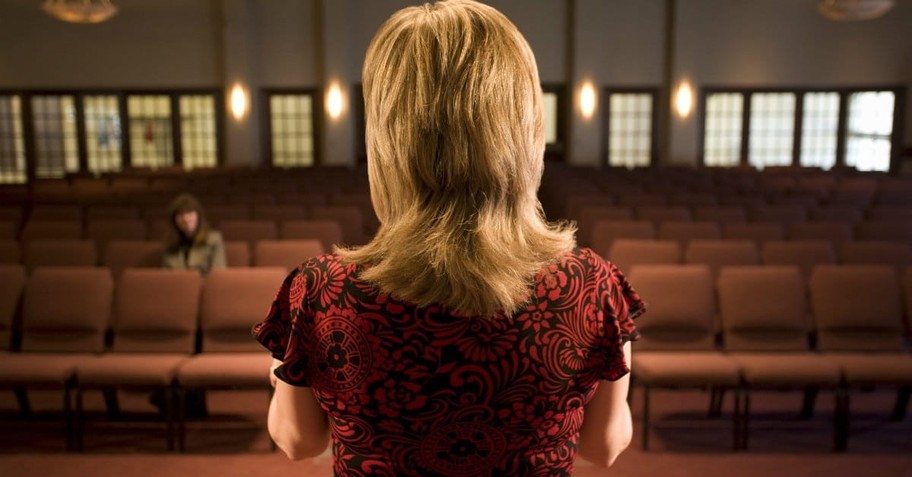Photo courtesy: ©Thinkstock/BorupFoto

1. Gay marriage
Gay marriage and whether it should be allowed in the church is certainly at the top of the list of modern-day controversial subjects. One need not search current headlines for long to find evidence of this controversy.
This issue has caused division among many denominations. The Presbyterian Church (USA) supports it, while the Presbyterian Church in America (PCA) and others do not support it, for example.
But perhaps nowhere is the controversy surrounding this issue more prevalent than in the Anglican Church. In recent years (and even months), the Anglican Church has softened its stance toward gay marriage and gay priests, but there is still much oppostion. Some have called on the church to be more welcoming of LGBT individuals, some go so far as supporting gay clergy and granting them the rights to perform same-sex marriages, while others remain firmly committed to the traditional definition of marriage. The United Methodist Church is experiencing controversy over this issue. You can read more about it here.
Photo courtesy: ©Thinkstock/Amber Lane Roberts

2. Abortion
At first, one might think this subject is not so controversial within the church as it is between those in the church and those without. However, as a recent Pew Research Center study shows, those who claim to be religious yet don't associate themselves with a particular denomination actually are mostly in favor of abortion, with only 17 percent opposing it.
Still, a majority of Christians are pro-life, but the subject remains a controversial one within the church, especially when it comes to the argument that pro-life should mean more than simply "pro-birth."
Photo courtesy: ©Thinkstock/Stevanovicigor

3. Women in leadership
The issue of women teaching/preaching in church can quickly become heated. Again, more conservative denominations tend to be against women in leadership roles, while more liberal denominations tend to accept it.
Recently, there has been a particular crisis on this issue with the rise of Christian women bloggers. The online presence and followers these women have is substantial and has caused some within Christianity to question their authority, even though they are not preaching/teaching in a traditional church setting.
Photo courtesy: Thinkstockphotos.com

4. Type of worship music
Contemporary or traditional? Hymns or modern worship songs? This is definitely an issue that tends to spark debate within many churches. It's often even a deciding factor when someone chooses a church to belong to. This issue also tends to divide believers between older and younger generations.
Even certain instruments can be controversial. A drum set might not be considered acceptable in some churches, while another church may have an entire praise band with a full range of instruments.
Some churches have attempted to resolve the controversy by using both traditional and contemporary songs intermixed during their worship services or even providing two different services--one more traditional and one more modern.
Photo courtesy: Unsplash/Jon Tyson

5. Spiritual Gifts
Although spiritual gifts are mentioned several times in the New Testament, different church denominations have different interpretations of what it truly means to have and use a spiritual gift.
The spiritual gift of speaking in tongues tends to be the most controversial of any spiritual gift. While Pentecostals fully affirm this spiritual gift, other denominations have gone so far as so say that speaking in tongues is offending the Holy Spirit.
Other Christians embrace spiritual gifts and even encourage congregants or church staffers to take spiritual gift tests to see where they are best equiped to serve.
Photo courtesy: ©Thinkstock/HAKINMHAN

6. Baptism
Although practically all churches practice baptism, baptism rituals in different denominations not only vary in practice but in theology. There has been a heated debate within the church for centuries on whether the Bible promotes infant or only believer baptism.
More liturgical churches even tend to give the impression that baptism is essential for salvation, while others don't seem to put a lot of weight on it. Some churches also baptize infants, but see it not as evidence of salvation, but rather as a commitment by the child's family and church body to bring up the child in the fear of the Lord. In this way, an infant baptism is more like a dedication of the child.
Still other churches only baptize those who are old enough to make a profession of faith of their own free will.
Chrisitans also have opinions on how and where baptisms should take place--by sprinkling of water, by pouring water on someone, or by full immersion.
Photo courtesy: ©Thinkstock/UllrichG

7. Politics from the Pulpit
Should ministers talk about politics or endorse a specific political party or view from the pulpit?
Churchgoers have very different views on the subject, but the controversy isn't confined to the church. Several months ago, President Trump signed an executive order ceasing enforcement of the Johnson Amendment, which prohibited a church, as a nonprofit entity, from endorsing and promoting a particular political party or candidate. Many championed the executive order, saying that it gave churches more religious freedom, but others maintained that siding with a certain political party is not something a church should be doing.
Photo courtesy: ©Thinkstockphotos.com

8. Alcohol
Can Christians drink alcohol? This question opens up all kinds of debate within the church. Many churchgoers believe Christians should completely stay away from alcohol, bars, and anything that has to do with drinking since the Bible condemns drunkenness and instructs Christ-followers to be sober-minded.
Other churchgoers, however, believe that consuming alcohol in moderation is not a sin. These Christians often argue their point from 1 Corinthians 8 in which the Apostle Paul says to "Be careful, however, that the exercise of your rights does not become a stumbling block to the weak." Many take this to mean, by the context surrounding it, that drinking alcohol is permitted, but Christians should be careful not to cause someone who is prone to alcohol abuse or someone who believes it is a sin, to stumble in his/her faith by seeing another Christian drinking.
A church's views on alcohol can even be seen sometimes in the worship service; some churches use grape juice for Communion, while others use wine.
Some topics based on the Christian Media Magazine article "5 Controversial Issues in the Church Today."
Photo courtesy: Thinkstockphotos.com
Publication date: June 7, 2018
Originally published June 07, 2018.







